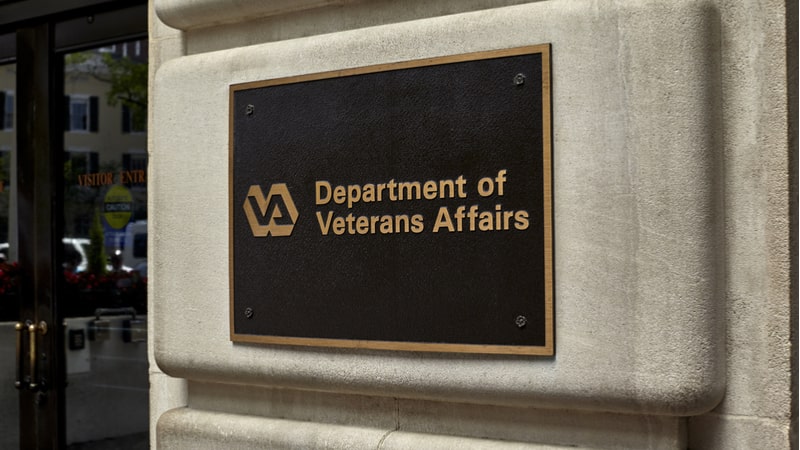
In the wake of a critical report on the implementation of the MISSION Act by the U.S. Digital Service, officials from the Department of Veterans Affairs (VA) offered assurances to the House Committee on Veterans’ Affairs that the program is on track and veterans will see no disruption in care.
The USDS report at the center of the hearing was never meant to be public, but after being published by ProPublica, the report garnered attention for its critical view on the preparedness of the automated decision support tool, which pulls information from different IT systems and provides information on whether a veteran qualifies for private treatment instead of treatment at a VA facility.
However, VA officials sought to assure the committee that even if the system isn’t ready by the June 6 implementation date of the MISSION Act, veteran care will not be disrupted.
“The tool is not essential for implementing any of the new provisions of the MISSION Act,” said Dr. Richard Stone, head of the Veterans Health Administration. “In the event that any technical challenge should occur, VA will be able to make eligibility decisions using existing and enhanced methods and tools. Veteran care will not be disrupted,” he stated.
Under the new standards established by the department, veterans will qualify if they are further than 30 minutes away from a VA primary care provider, and 60 minutes away from a VA specialty provider. Stone noted that the VA has already deployed a commercial system used to determine drive times, and has confidence in it.
Members of Congress seemed comfortable that care would not be disrupted upon implementation of the decision support tool, although there were concerns about pushing veterans towards private care, and concerns about another IT failure at the VA.
“You’ve heard me say this before, and I’ll say it again; I believe in taking the time to get things right, not just get them in a hurry,” said Rep. Phil Roe, R-Tenn.
As the discussion strayed into other challenges, related to both IT and the VA at large, CIO James Gfrerer touched on the strategy for VA IT moving forward, echoing similar sentiments from Secretary Robert Wilkie.
“Within VA, we are going to an Application Programming Interface (API) architecture. Applications are the way of the future. We’re going to the cloud,” he said.
